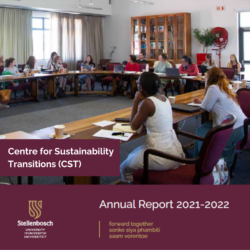 |
CST Annual Report 2021-2022Centre for Sustainability TransitionsPublication: CST Annual Report 2021-2022 2021-2022 - Reports & Policy Briefs The CST’s Annual Report 2021-2022 provides readers with a information on the research, teaching and projects conducted at the Centre over the financial year. It introduces the CST’s vision, core activities and research areas, and provides highlights and achievements of our staff and students. |
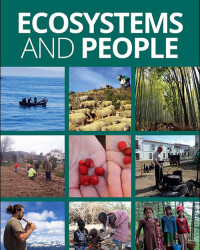 |
Science on ecosystems and people to support the Kunming-Montreal Global Biodiversity FrameworkMatthias Schröter, Marta Berbés-Blázquez, Christian Albert, Rosemary Hill, Torsten Krause, Jacqueline Loos, Lelani M. Mannetti, Berta Martín-López, Amrita Neelakantan, John A. Parrotta, Cristina Quintas-Soriano, David J. Abson, Rob Alkemade, Bas Amelung,Publication: Ecosystems and People 2023 - Journal Articles This journal article highlights the relevance of the Kunming-Montreal Global Biodiversity Framework (GBF) adopted by the Convention on Biological Diversity in 2022. The article emphasises the importance of the GBF in guiding international biodiversity conservation efforts until 2030, with the ultimate goal of achieving a harmonious coexistence with nature by 2050. It also acknowledges the role of the global scholarly community in contributing insights to support biodiversity strategies and action plans. |
 |
Varieties of just transition: Public support in South Africa’s Mpumalanga coal community for different policy optionsNthabiseng Mohlakoana, Muhammed Lokhat, Nives Dolsak, Aseem PrakashPublication: PLOS Climate 2023 - Journal Articles This article delves into the intricate dynamics of public opinion regarding “Just Transition” policies in South Africa’s coal mining sector. As the world strives for decarbonization, the study explores how these policies, designed to compensate communities impacted by the shift away from fossil fuels, can garner political support. By conducting in-depth interviews with coal miners, power plant workers, and community members in Mpumalanga province, the researchers uncover key insights. |
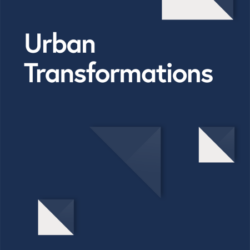 |
Critical pedagogical designs for SETS knowledge co-production: online peer- and problem-based learning by and for early career green infrastructure expertsFeagan, M., Fork, M., Gray, G. et al.Publication: Urban Transformations 2023 - Journal Articles Despite a growing understanding of the importance of knowledge co-production for just and sustainable urban transformations, early career green infrastructure experts typically lack opportunities to practice transdisciplinary knowledge co-production approaches within their normal training and professional development. This paper explores how pedagogical designs can help create favourable conditions for transdisciplinary knowledge co-production. |
 |
The Southern African Program on Ecosystem Change and Society: an emergent community of practiceR. O. Biggs et al.Publication: Ecosystems and People 2023 - Journal Articles This paper reflects on experiences in building the SAPECS community, with the aim of supporting the development of similar networks elsewhere in the world, particularly in the Global South. |
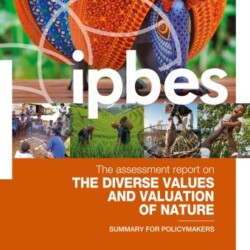 |
Assessment Report on Diverse Values and Valuation of NaturePascual et al.Publication: 2022 - Reports & Policy Briefs Decisions based on narrow set of market values of nature underpin the current global biodiversity crisis. Many opportunities exist to embed the diverse values of nature into decision making for navigating towards more just and sustainable futures. |
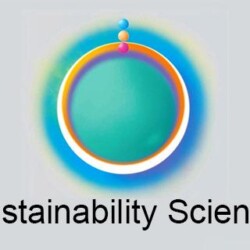 |
Managing biodiversity in the Anthropocene: discussing the Nature Futures Framework as a tool for adaptive decision‐making for nature under climate changePalacios-Abrantes et al.Publication: Sustainability Science 2022 - Journal Articles This article discusses how conservation approaches to social-ecological systems have historically prioritised preserving nature for its instrumental societal benefits, neglecting the complex relationship between humans and nature and the impact of climate change. The Nature Futures Framework (NFF) offers an alternative perspective, which emphasises the diverse positive values of nature and its contribution to people. |
 |
How can diverse national food and land‐use priorities be reconciled with global sustainability targets? Lessons from the FABLE initiativeMosnier et al.Publication: Sustainability Science 2022 - Journal Articles How can countries satisfy their demands while jointly delivering the required transformative change to achieve global sustainability targets? Here, we present a collaborative approach developed with the FABLE—Food, Agriculture, Biodiversity, Land, and Energy—Consortium to reconcile both global and national elements for developing national food and land-use system pathways. |
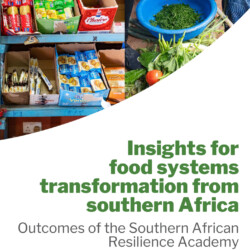 |
Insights for food systems transformation from southern Africa Outcomes of the Southern African Resilience AcademySabrina Chesterman, Maike Hamann, Albert NorströmPublication: GRP & CST Publications 2022 - Reports & Policy Briefs This insights brief presents key themes and recommendations that emerged from the SARA activities and discussions that were convened over the course of 2021 in order to explore ways of addressing barriers and unlocking key actions to transform food systems in southern Africa. |
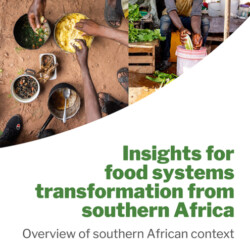 |
Insights for food systems transformation from southern Africa: Overview of southern African contextSabrina Chesterman, Maike Hamann, Albert NorströmPublication: GRP & CST Publications 2022 - Reports & Policy Briefs This report contextualises the actions of the Southern African Resilience Academy (SARA) in 2021, a year covering many pivotal events towards food systems transformation. |
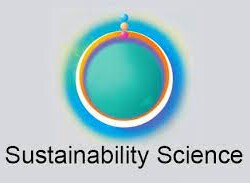 |
Leveraging the potential of wild food for healthy, sustainable, and equitable local food systems: learning from a transformation lab in the Western Cape regionL.M. Pereira, S. Boatemaa Kushitor, C. Cramer, S. Drimie, M. Isaacs, R. Malgas, E. Phiri, C. Tembo, J. WillisPublication: Sustainability Science 2022 - Journal Articles Preserving biocultural diversity is central to ensure the nutrition, resilience, and adaptive capacity of indigenous peoples and local communities who collectively maintain the longest ongoing human experiences with the provision of food under environmental change; a core component of global food security. |
Climate change and the urgency to transform food systemsZurek, M, Hebinck, A, and Selomane, O.Publication: Science 2022 - Journal Articles Climate change poses one of the greatest threats to human societies, demanding immediate and coordinated actions across all sectors. Food systems are one of the most important contributors to climate change and could compromise efforts to achieve the 2015 Paris Agreement targets. At the same time, food systems themselves will also need to further adapt to climate change impacts. |
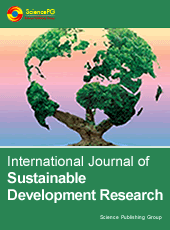 |
Using Synergic Methods for Being Methodologically Agile (SM4BMA)van Breda, J.Publication: International Journal of Sustainable Development Research 2022 - Journal Articles The main goal in this paper is to further develop the notion |
Towards an understanding of corporate (dis)engagement with social justice advocacyJones, L & Smit, A.Publication: African Journal of Business Ethics 2022 - Journal Articles There is increasing focus worldwide on the role of business in society today. Globally, sustainability concerns and shifting value systems are re-shaping expectations of socially responsible business, as seen with the Sustainable Development Goals (SDGs), global corporate initiatives such as the United Nations Global Compact (UNGC), and leading standards such as the King IV Report on Corporate Governance |
Methodological Agility for Doing Transformative Transdisciplinary Research on Sustainability Transitions in the Context of the AnthropoceneGoh, Z. and Van Breda, J.Publication: International Journal of Sustainable Development Research 2022 - Journal Articles The Sustainable Development Goals (SDGs) call for mobilization across global and local levels, and involves |

